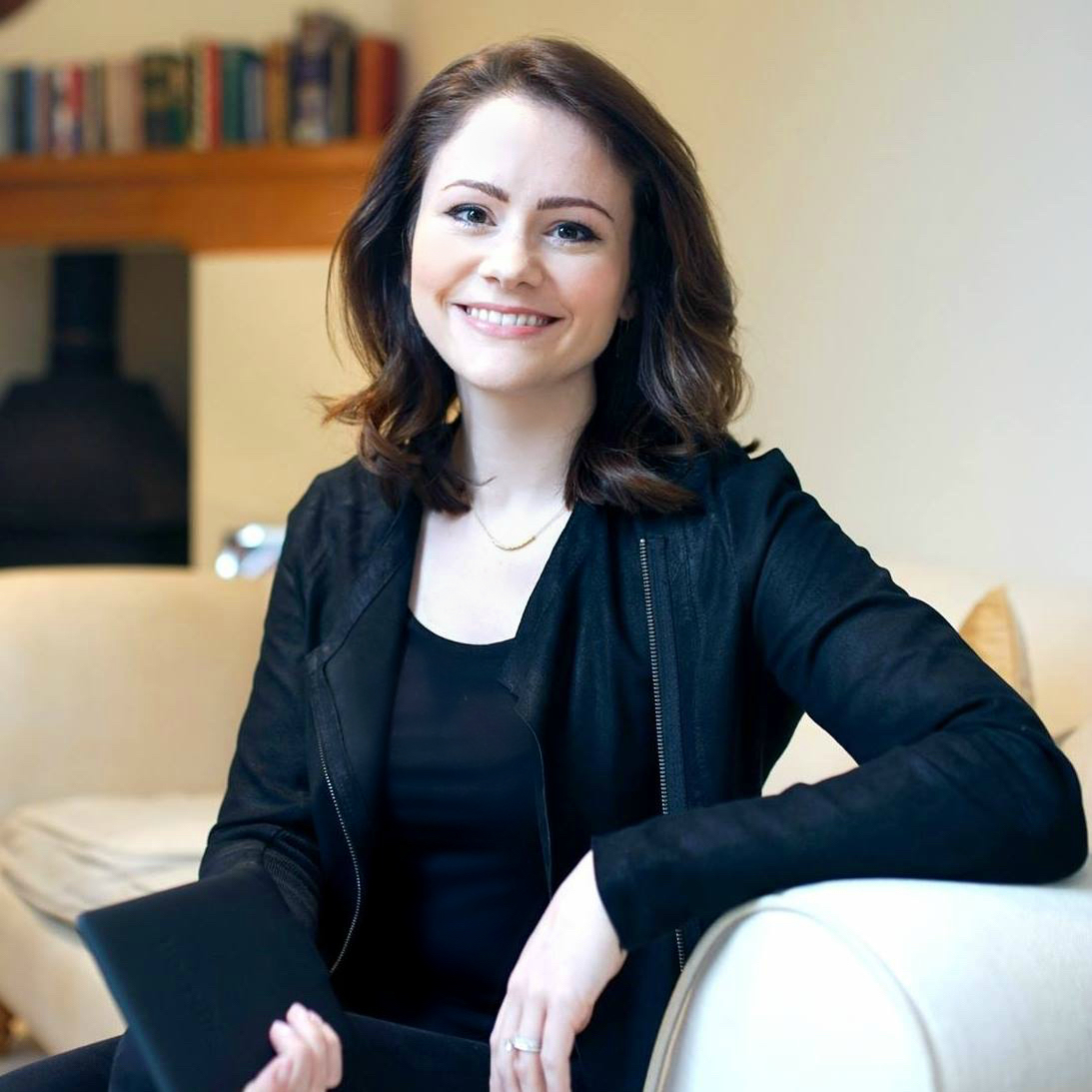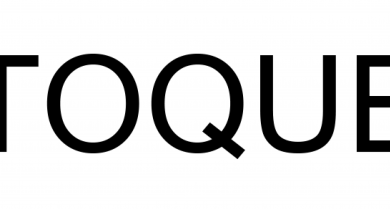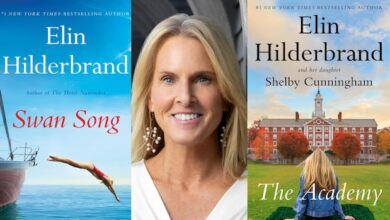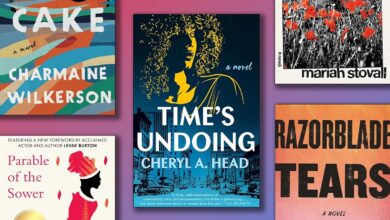Self-publishing is no longer the last resort for literary rejects
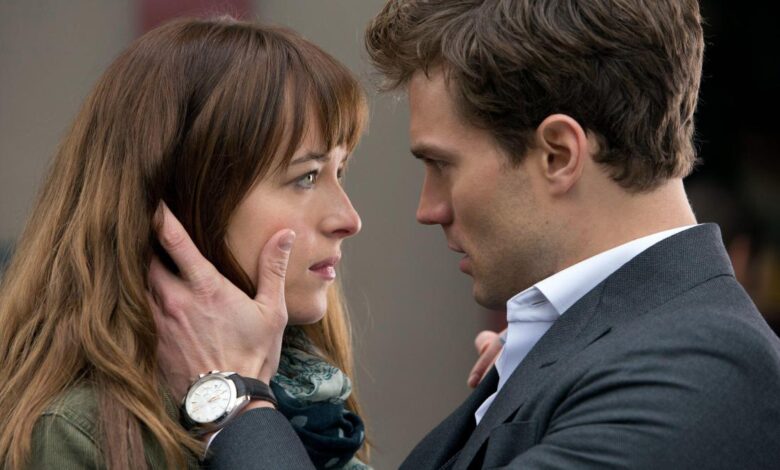
The novelist Toni Morrison said, “If there’s a book you want to read but it hasn’t been written yet, then you must write it,” which is a pretty nice sentiment. But let’s say you do put pen to paper and churn out 80,000 of your finest words. Once you’ve completed your magnum opus — be it an outer-space murder mystery or a forbidden romance between a heartbroken polar explorer and a dashing Inuit — what do you do with it?
For those who are unfamiliar with how books come to exist on shelves, I’ll boil down the process of traditional publishing: person writes manuscript, person submits manuscript to a literary agent. If agent dislikes manuscript, game over. If agent likes manuscript, agent agrees to represent person. Agent tries to sell manuscript to publisher. If publisher dislikes manuscript, game over. If publisher likes manuscript, manuscript gets turned into a book. Woo-hoo!
Fifty Shades of Grey by EL James was initially self-published
ALAMY
However, the winds of change are blowing. There is a strange force warping the old literary landscape: digital self-publishing. Estimates by the Writers’ Guild of Great Britain show that while between 180,000 and 200,000 books are published in the traditional way in the UK every year, appearing on bookshop shelves as usual, more than 750,000 self-published titles now flood into the market on top of those, lurking in Kindle reading lists.
The reputation of self-publishing is not, to put it lightly, a good one. Historically, it involved amateur writers spending thousands of pounds for someone to print a few hundred copies of their cherished handiwork, having been unable to convince a publisher to pay them for the privilege of doing so. Those without an agent were seen as below par, not good enough to jump the first hurdle. The bestselling author Bill Bryson summed it up when he noted: “I think it is great if you self-publish because you want a book to pass on to your kids and tell them about your life, but not if you are doing it because you think it suddenly makes you a writer.”
Nevertheless, a handful of authors have self-publishing to thank for their success. The internationally renowned smut-fest Fifty Shades of Grey was initially self-published by the unknown author EL James in 2011, but bought by Vintage nine months later and printed in vast numbers. It has, to date, sold 4.8 million copies in the UK.
The romance author Colleen Hoover, best known for It Ends with Us, wrote her debut novel, Slammed, while living in a trailer, then published it as a free-to-read ebook on Amazon. In 2023 she was named one of the 100 most influential people in the world by Time magazine. And Andy Weir’s The Martian, which he originally published in a serialised format on his blog, has sold 336,000 copies in the UK. In 2015 the novel was adapted into a Hollywood blockbuster starring Matt Damon that raked in $631 million (£486 million) at the box office.
With figures like those, it’s easy to see why publishing a book is a tempting side-hustle for anyone with a laptop and a story, but for a long time such triumphs were the exceptions that proved the unspoken rule: self-publishing is for rejects. Only very recently has that changed.
Matt Damon starred in the film adaptation of Andy Weir’s The Martian
AIDAN MONAGHAN/20TH CENTURY FOX/AP
“Three or four years ago it would have felt like people were self-published because nobody wanted to publish them or they couldn’t get an agent,” says Lynne Drew, the publisher of general fiction at HarperCollins. “Now it’s often what they’re doing first to dip their toe in and get started. It’s often a positive that somebody is ambitious and driven, and already connecting with readers. ”
One look at the bestseller lists reveals that readers are replacing publishers as the people who have the power to make or break a book, with TikTok trends and word-of-mouth frequently having as much of an effect as million-pound multi-platform marketing campaigns. “The question is whether we’re at our Uber or Airbnb moment where the whole thing is going to be reversed,” Drew says. “It used to be about gatekeepers holding things and then letting them out on their own terms, but now it’s flipped around, so that the people who want to sell something have taken back control. It’s definitely a mindset shift.”
• Meet the Irish author who self-published and sold more than two million books
Some of what gets self-published is tosh, inevitably, but for commercial fiction, the independent ebook scene has become a talent pool for traditional publishers who are on the lookout for genre-defying ebooks that have already struck a chord with readers.
A third of the titles that Tor Publishing Group (a Pan Macmillan imprint focusing on science fiction and fantasy) is releasing in 2026 are by authors who have dabbled in self-publishing. “We’re not sitting in our ivory towers thinking, ‘These are the genres we’ve always published,’” says Gillian Green, a fiction publisher at Tor. “Now we’re thinking we ought to do some dark romance, or maybe we ought to look at monster romances or whatever genre is emerging because independent publishers are already writing it.”
Grace Long, a commissioning editor at Penguin, agrees that in certain genres self-published authors are leading the charge rather than bringing up the rear. She has just won a fierce four-way auction for a self-published psychological thriller that has hundreds of five-star reviews online: Love, Mom by Iliana Xander. “Some people just want a book. That’s their dream,” Long says. “Other people are great with their craft. When it comes from an agent, a book already has that seal of approval so it’s a bit more of a leap of faith when you’re seeking out a self-published thing. But if there are readers who are excited about it we’re very likely to be excited about it as well. We are always looking for the best talent that’s out there, wherever that may be.”
The crime writer LJ Ross has sold ten million books
Surprisingly, though, not all self-published authors are doing so with the goal of being scouted by the old publishing houses. There is emerging a savvy new cohort of “hybrid authors” who hold on to rights for their ebooks or audio, but allow the giants of the industry to handle print copies and get their backlist into bricks and mortar shops.
Others, such as the bestselling ebook author LJ Ross, have chosen to retain full control. In 2015, when her self-published debut novel, Holy Island, became an overnight sensation on Amazon, successfully capturing crime readers and romance readers, she turned down an offer from a mid-sized publishing house (formerly every wannabe writer’s dream) on the grounds that she wanted to retain creative freedom. “We don’t give readers enough credit for being able to distinguish stuff that they like and stuff that they don’t,” she says. In the decade since, she has published 33 books and sold more than 10 million copies.
For many self-published authors, this kind of rapid money-making seems to be one of the main draws. Authors who publish via Amazon’s Kindle Direct Publishing (KDP) system receive 70 per cent royalties for digital sales and 60 per cent for print, compared with traditional publishing, where they take home roughly 25 per cent and 10 per cent respectively.
• The 100 bestselling books of the past 50 years
“There are thousands of KDP authors who are earning more than £40,000 in royalties a year,” says Darren Hardy, the senior manager of UK and EU author programmes at Amazon. “There are others who are not necessarily earning the big numbers, but they are earning enough money to treat the family. Maybe they’ve taken their kids on holiday, enough to sort of make it worthwhile and interesting.” Since the Kindle Unlimited subscription service was launched in 2014, Hardy reveals, Amazon has paid about £3 billion to self-published writers.
Having said all that, I’m not sure I’d rush to self-publish your novel quite yet. It is thought that about 90 per cent of self-published books sell fewer than 100 copies. The average annual salary for an author, according to the Society of Authors, is a measly £7,000. And the whole thing only works –— for now, at least — if you’re writing “genre fiction”: unless your book is about brave fairies, or sexy bosses, or diligent detectives, the traditional route is probably still the best route to success. Certainly, if you want to win the Booker prize or appear in the window of Waterstones, it may be best to stick with the status quo.
Source link


